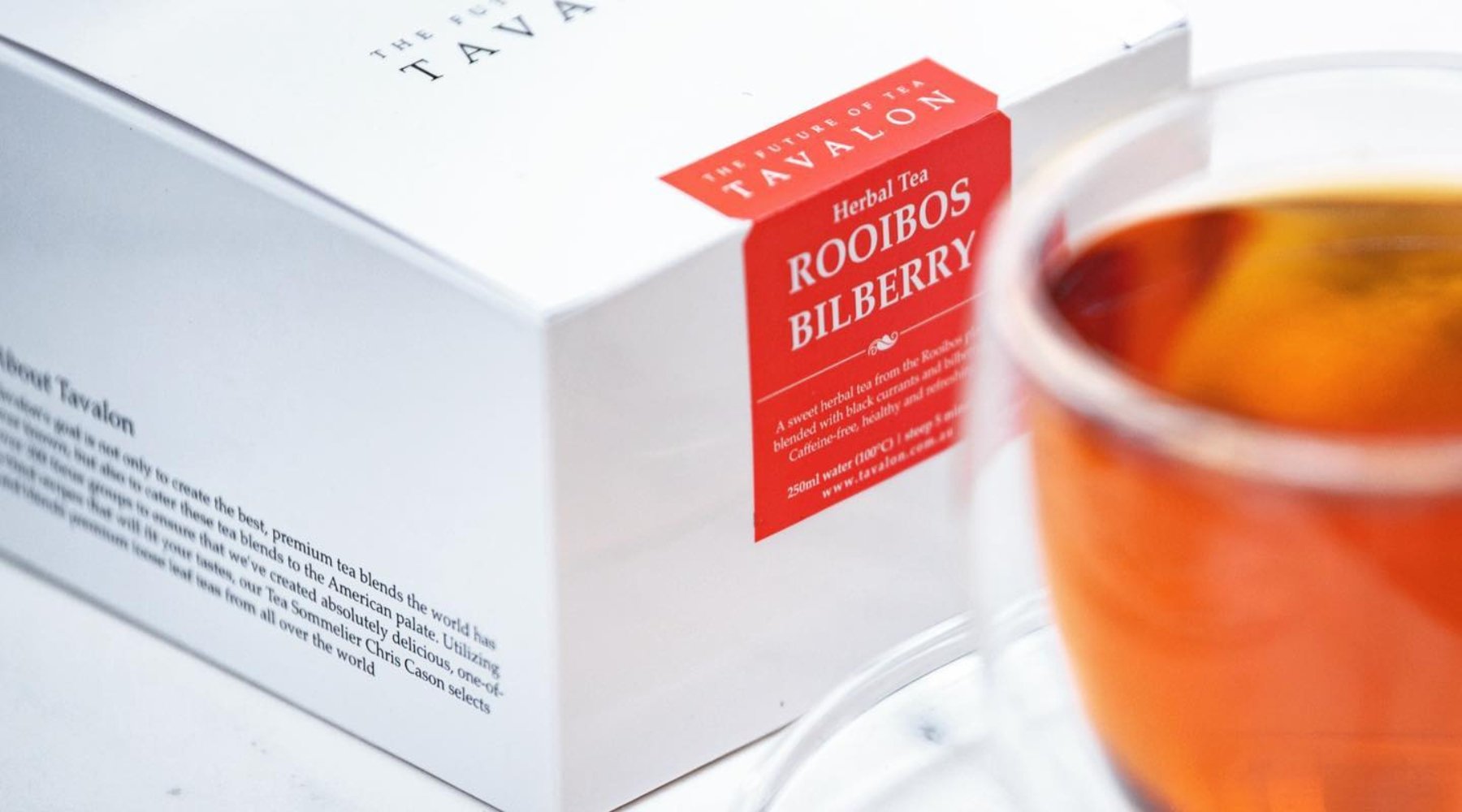
How Tea Helps Those with Down Syndrome
The cause of Down Syndrome is the genetic defect wherein a child is born with an extra copy of their 21st chromosome. It is the most common form of genetic intellectual disability.
According to Down Syndrome Australia's latest data, "it is estimated that approximately 1 in every 1100 babies born in Australia will have Down syndrome. This means that each year there are approximately 290 new babies born each year who have Down Syndrome." All people with Down Syndrome experience some cognitive delays, but the effect can vary.
Good news is, researchers discovered that there's a certain compound that could help improve the cognitive functioning of those with Down Syndrome. That compound is known as Epigallocatechin gallate (or EGCG, for short), found naturally, and abundantly, in tea.
The study shows that, when paired with cognitive training for 12 months, groups that drank green tea showed significant “increased visual memory and improved adaptive behaviour” as opposed to those who only received placebo.
What's even more interesting is that the researchers found that the increase in cognitive functioning remained for six months even after the tests were completed. Brain scans showed that the compound altered the ways neurons connected with one another. This improved connection between the nerve cells in the brain means there is improved communication between them.
This research was done with participants with ages 16 to 34, but they hope to be able to run trials on young children with Down Syndrome. They believe that the results “might even be better.”
Go Tea!




Leave a comment
This site is protected by hCaptcha and the hCaptcha Privacy Policy and Terms of Service apply.